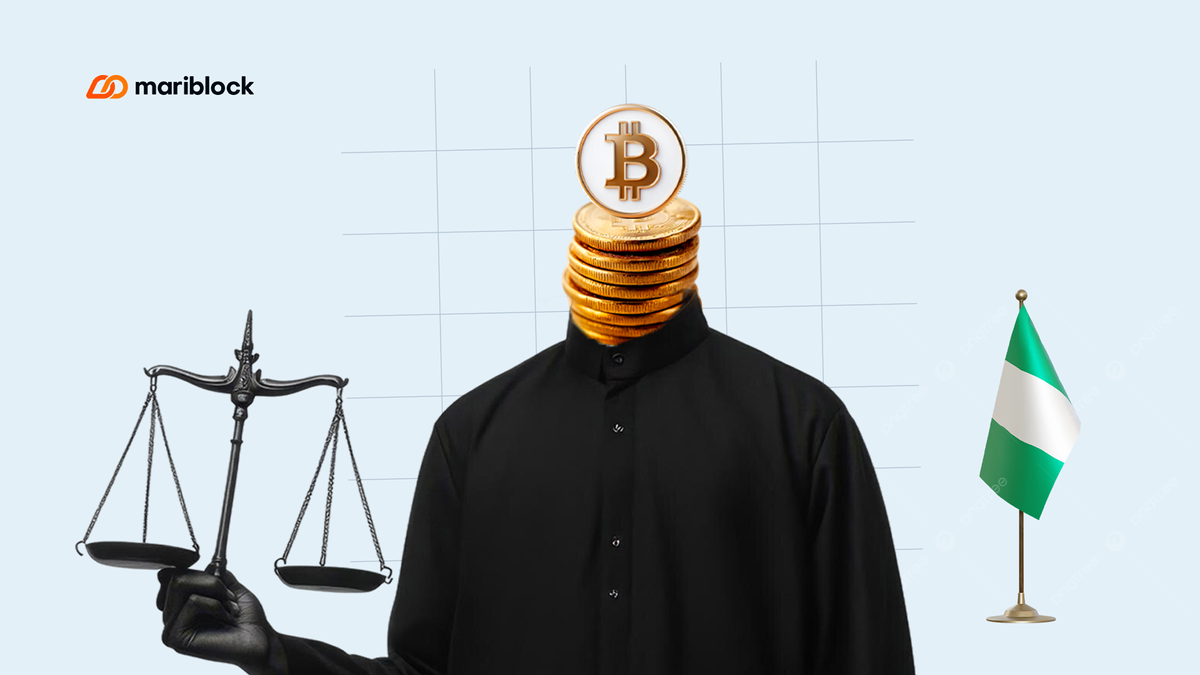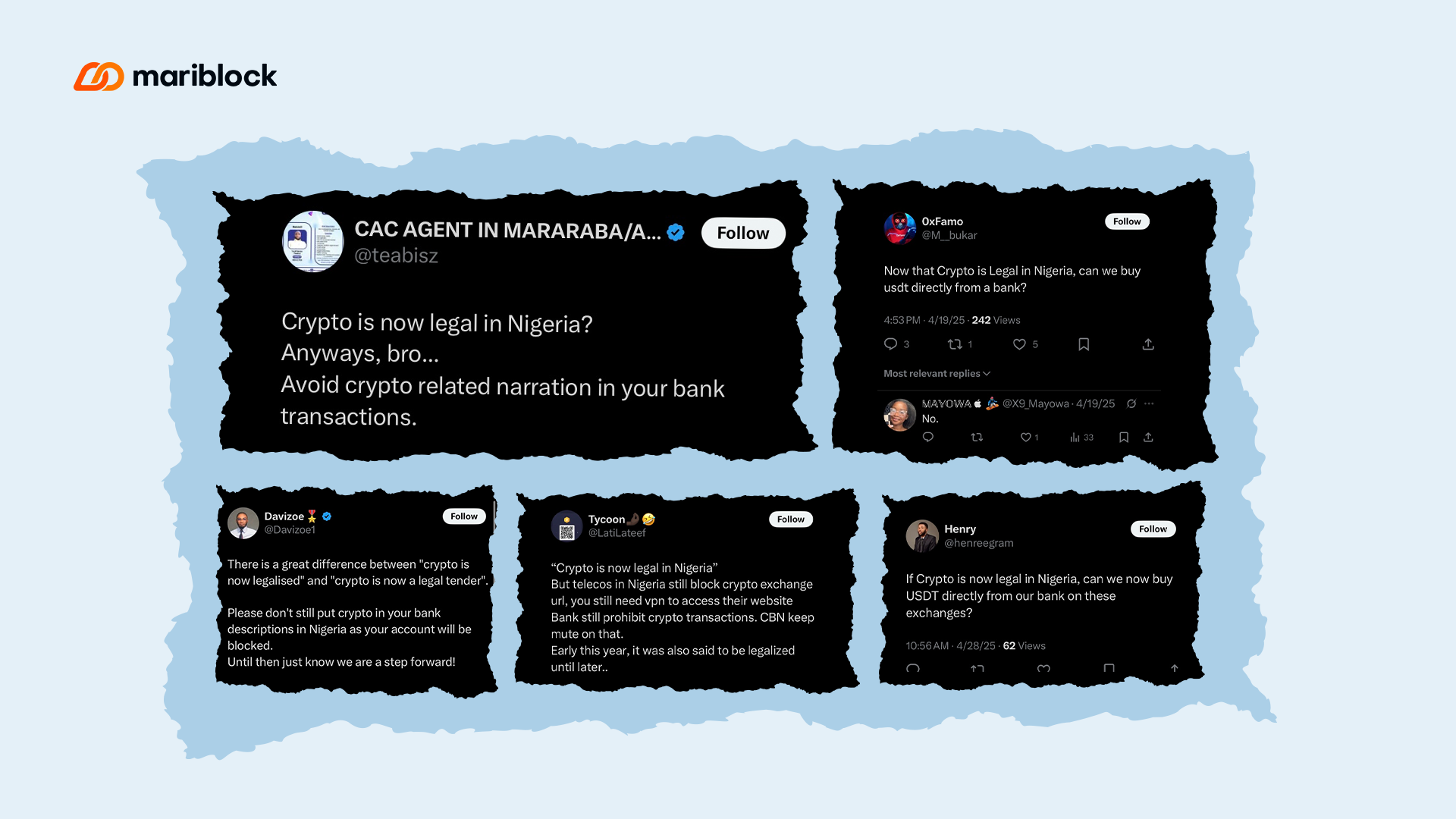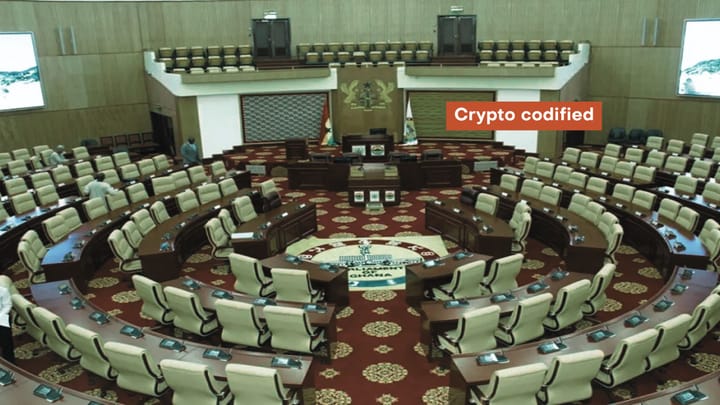Crypto is legal in Nigeria — until the bank disagrees
Nigerian banks continue to flag accounts interacting with cryptocurrencies; arrests haven’t stopped, and confusion persists over what the law actually changed.

When Nigeria passed the Investment and Securities Act, 2025, many took it as a green light for crypto. The law gave the Securities and Exchange Commission (SEC) formal oversight of digital assets — a signal, it seemed, that crypto trading was now legal.
But reality tells a different story. Banks continue to flag accounts; arrests haven’t stopped, and confusion persists over what the law actually changed. If crypto is now allowed, why does interacting with it still feel risky?
The roots of this tension go back to 2021, when the Central Bank of Nigeria (CBN) barred financial institutions from facilitating crypto transactions. While the CBN quietly lifted that ban in 2023, it never clearly endorsed crypto, leaving a gap between what the law implies and how the system behaves.
Banks and fintechs, wary of regulatory backlash, have responded with caution. An operations staff member at a prominent Nigerian fintech told Mariblock that their company still restricts crypto-linked accounts, even a year after the CBN lifted the ban. Another widely used fintech product literally greets users with a notice that reads, “In accordance with the CBN regulations, accounts dealing with cryptocurrency transactions will be restricted.”

The result is a chilling effect.
Nigerians have had their accounts flagged or frozen simply because crypto-linked funds passed through intermediaries. Direct involvement doesn’t seem to matter; if the digital trail leads to crypto, you risk losing access to your money. Some have even been threatened with arrest.
A CBN staff member, who asked to remain anonymous, described the situation as “dicey” when asked if crypto is now legal in Nigeria. “Implementation is different from signing into law,” they said.
Legality, it seems, depends on who you ask. The SEC has opened the door for licensed platforms, but the CBN, through the banks it oversees, remains hesitant. This disconnect has left Nigerian users and businesses stuck in a regulatory limbo.
South Africa offers a stark contrast. While Nigeria was banning crypto in 2021, South Africa’s Financial Sector Conduct Authority (FSCA) began engaging with the industry. In 2022, it designated crypto assets as financial products, formally bringing them under regulatory oversight. Platforms began registering in 2023, and by 2024, the country had licensed 248 firms.
Today, South African regulators have introduced clearer — not perfect, but workable — rules around investor protection, compliance, and taxation. Nigeria, despite being one of the most active crypto markets in Africa, is still playing catch-up.
So, what needs to happen?
First, regulators must get on the same page. The CBN and SEC cannot continue speaking in different directions. Clarity and consistency are critical to building trust, not just for users, but for the businesses that power the ecosystem. We’ve seen that countries offering clear, unified regulations often gain a competitive advantage, becoming magnets for crypto companies seeking regulatory stability. In South Africa, for instance, firms like Kotani Pay — and even non-local players — are choosing to register there because the rules are predictable.
On the flip side, unclear or hostile regulation drives companies away. That’s what happened in the United States, where a regulation-by-enforcement approach under the SEC led to an exodus of crypto firms. Only now, with a shift in tone, are some of those companies considering a return.
Nigeria needs to take note. To compete in the next wave of innovation, it can’t afford confusion. Policy must be aligned, consistent, and clear, not contradictory.
Second, communication must improve. Beyond regulatory alignment, the crypto community, business leaders, and civil society must take a more active role in engaging policymakers. In Kenya, for example, advocacy groups regularly submit policy proposals and maintain open dialogue with regulators, not just to seek clarity, but to shape how rules evolve. Nigeria needs that same level of coordination and civic pressure.
Finally, enforcement must reflect policy. Nigerians should not be harassed or arrested for participating in a sector the government now claims to support.
Where does this leave the country?
Until the system speaks with one voice, Nigerians will remain in limbo. So, is crypto really legal in Nigeria? Until the system speaks with one voice, the answer will remain: it depends.



